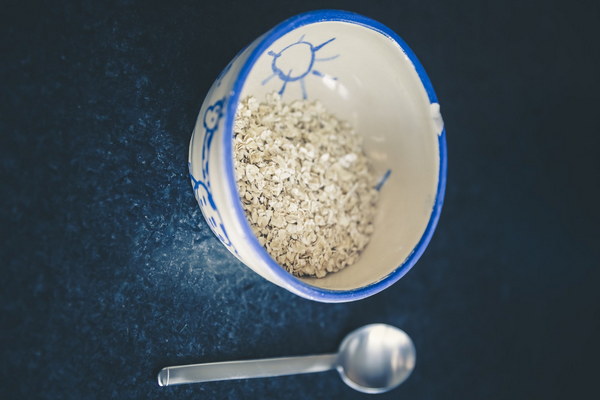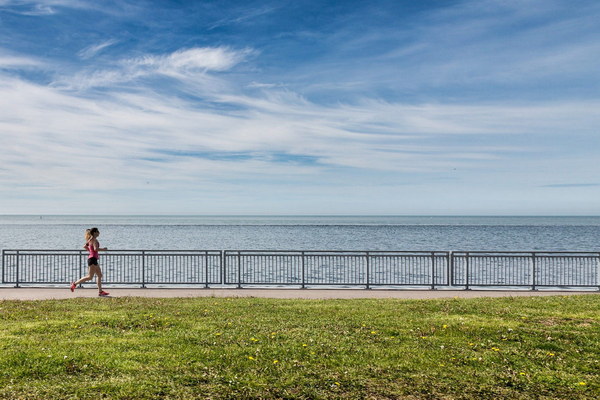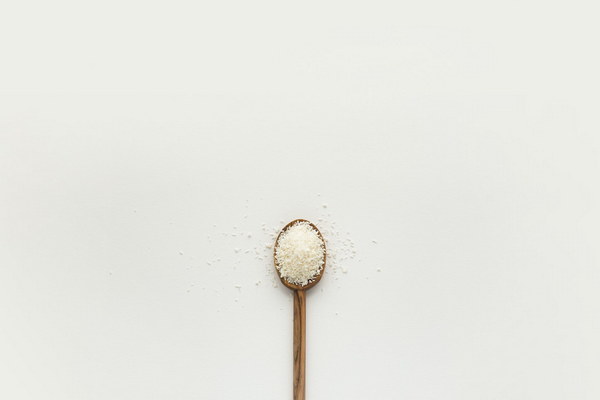Defy Aging Targeting the Key Factors for Anti-Aging Success
As we navigate the journey of life, the relentless march of time takes a visible toll on our appearance and well-being. The quest for anti-aging solutions is a universal pursuit, aiming to slow down the aging process and maintain youthful vitality. To achieve this, it is crucial to understand the key factors that contribute to aging and target them effectively. Let's delve into the essential aspects that need to be addressed to embrace anti-aging success.
1. Free radicals and oxidative stress
One of the primary causes of aging is the accumulation of free radicals in the body, which are unstable molecules that damage cells and accelerate the aging process. To combat this, it is essential to consume a diet rich in antioxidants, such as vitamins C and E, selenium, and beta-carotene. These antioxidants neutralize free radicals, helping to prevent cellular damage and maintain youthful skin.
2. Collagen and elastin depletion
Collagen and elastin are crucial proteins responsible for maintaining the skin's elasticity and firmness. With age, the production of these proteins decreases, leading to sagging and wrinkles. To counteract this, incorporating collagen-rich foods like fish, eggs, and beans into your diet can help. Additionally, topical applications of retinoids, such as retinol, can stimulate collagen production and improve skin texture.
3. Inflammation
Chronic inflammation plays a significant role in the aging process. It can lead to tissue damage, accelerate the aging of cells, and contribute to various age-related diseases. To combat inflammation, adopt an anti-inflammatory diet that includes foods rich in omega-3 fatty acids, such as flaxseeds, chia seeds, and walnuts. Regular exercise, adequate sleep, and stress management are also effective strategies to reduce inflammation and promote anti-aging benefits.
4. Hormonal imbalances
Hormonal fluctuations are a natural part of aging, but they can also contribute to the signs of aging. For women, menopause is a significant hormonal shift that can lead to a loss of collagen, bone density, and muscle mass. Hormone replacement therapy (HRT) may be an option for some individuals, but it is important to consult with a healthcare professional to assess the potential risks and benefits. For both men and women, maintaining a healthy lifestyle can help regulate hormone levels and promote anti-aging.
5. Sun damage

Excessive sun exposure is a leading cause of premature aging. UV radiation from the sun can damage the skin's DNA, leading to wrinkles, age spots, and an increased risk of skin cancer. To protect your skin, apply a broad-spectrum sunscreen with an SPF of 30 or higher every day, even on cloudy days. Seek shade during peak sun hours and wear protective clothing, such as hats and sunglasses, to further shield your skin from harmful UV rays.
6. Sleep deprivation
Quality sleep is vital for overall health and longevity. During sleep, the body repairs cells, strengthens the immune system, and produces growth hormone, which is essential for maintaining youthful appearance and vitality. Aim for 7-9 hours of quality sleep each night, establish a regular sleep schedule, and create a comfortable sleep environment to optimize your anti-aging efforts.
7. Lifestyle factors
Unhealthy habits such as smoking, excessive alcohol consumption, and poor nutrition can accelerate the aging process. To promote anti-aging, adopt a healthy lifestyle that includes regular physical activity, a balanced diet, and stress management techniques. These lifestyle factors can help slow down the aging process and improve your overall well-being.
In conclusion, achieving anti-aging success involves addressing the key factors that contribute to the aging process. By targeting free radicals, collagen depletion, inflammation, hormonal imbalances, sun damage, sleep deprivation, and lifestyle factors, you can take steps towards a more youthful and vibrant appearance. Remember to consult with healthcare professionals to tailor your anti-aging strategy to your individual needs and circumstances.









